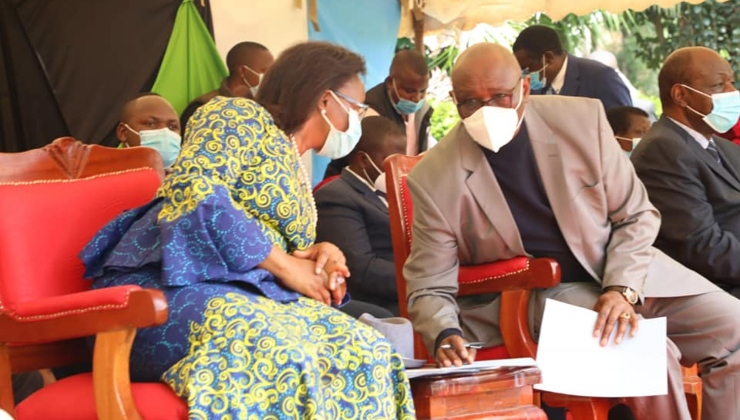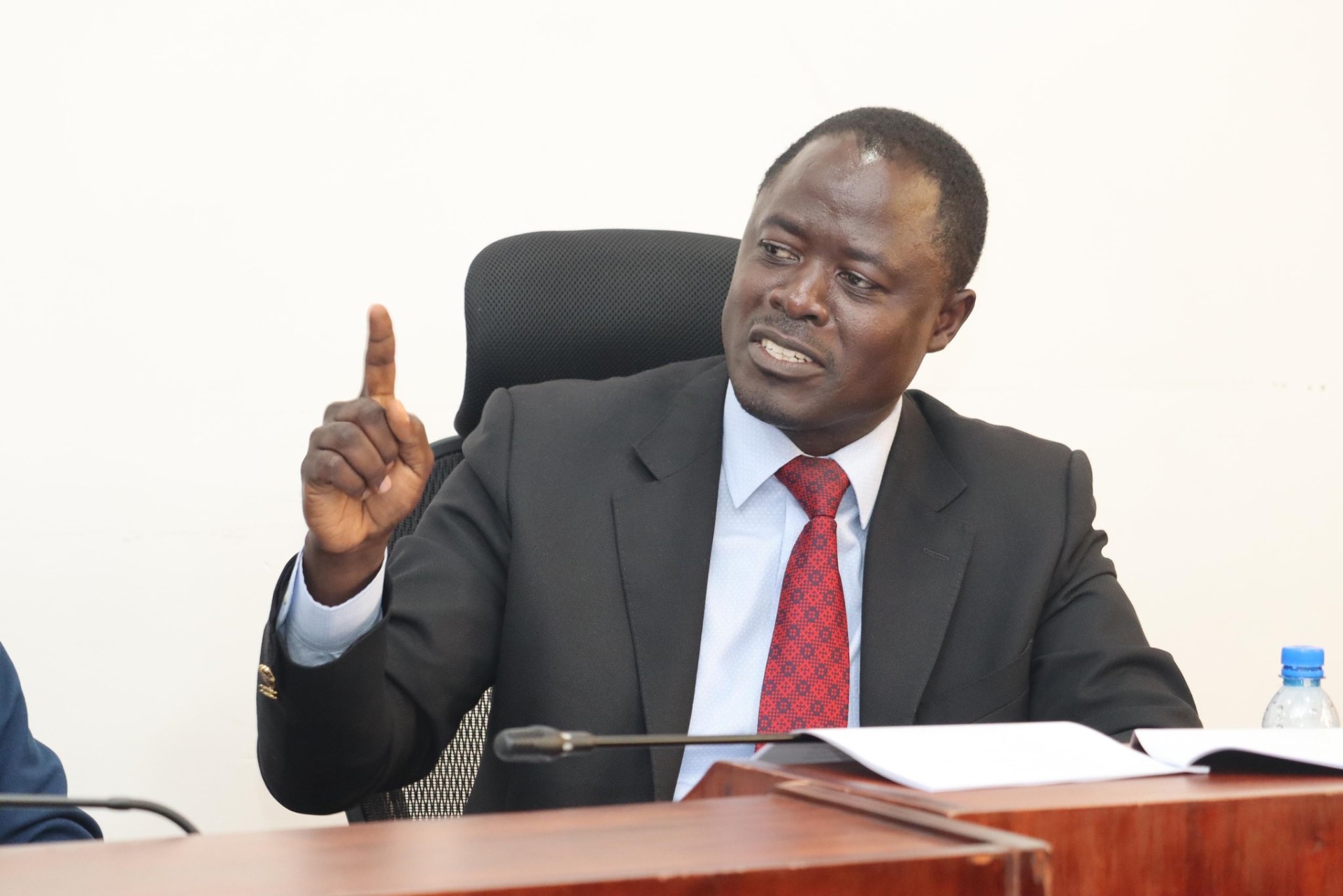1,184 new-born babies were infected with HIV as mothers shunned hospitals: PS Mochache

By Robert Ochoro,
Health Principal Secretary (PS), Susan Mochache, has revealed that more than 1,000 newly-born babies were infected with HIV in South Nyanza after their mothers failed to attend pre-natal clinics where they would have been screened for the virus.
The mothers also, according to Health PS Mochache, refused to attend ante-natal clinics after delivering because they feared contracting coronavirus disease.
Speaking at a women leadership forum held in a Kisii hotel, PS Mochache said that 1,184 new-born babies were infected with HIV in Kisii, Migori, Homa Bay and Nyamira counties.
The Health official said that some 900,000 women and 95,000 girls aged between 15 and 24, are HIV positive.
She said that the government spends Sh45 billion annually to buy anti-retroviral drugs (ARVs) to manage HIV positive people.
“Covid-19 contributed to teenage pregnancies, gender-based violence, and discrimination,” the PS said, adding unprotected sex was eroding the gains made in the fight against HIV.
At the forum, Mochache launched the County Implementation Strategic Plan to fight the HIV scourge.
She lauded First Lady Margaret Kenyatta for spearheading the campaign against mother-to-child transmission of HIV.
The event was attended by Kisii Governor James Ongwae, National Aids Control Council (NACC) Chairperson Angeline Siparo, NACC National Aids and STI Control Program Manager Dr Catherine Ngugi, and Maendeleo ya Wanawake Chairperson Rahab Mwikali.
NACC National Aids and STI boss, Dr Ngugi, said that 61 percent of new HIV infections were among young women and adolescents, adding that six out of 10 mothers who transmit the virus to their children are adolescents.
“We want to ensure that they are put under medication as stakeholders intensify campaigns on abstinence, faithfulness and use of condoms to curb the spread of the disease,” Dr Ngugi said.
NACC Chairperson, Siparo, urged women to also undergo tests for diabetes, hypertension and embrace good lifestyles to curb those diseases.
Siparo said diabetes and hypertension kill more people than HIV/Aids.
On his part, Kisii Governor Ongwae said that in 2013, HIV/Aids prevalence in Kisii County was 8.5 percent but it has since dropped to 4.9 percent due to mitigation measures the county put in place to curb the virus.
He lauded the national government for availing ARVs to counties, noting it has helped patients manage their conditions and leave a healthy lives.













